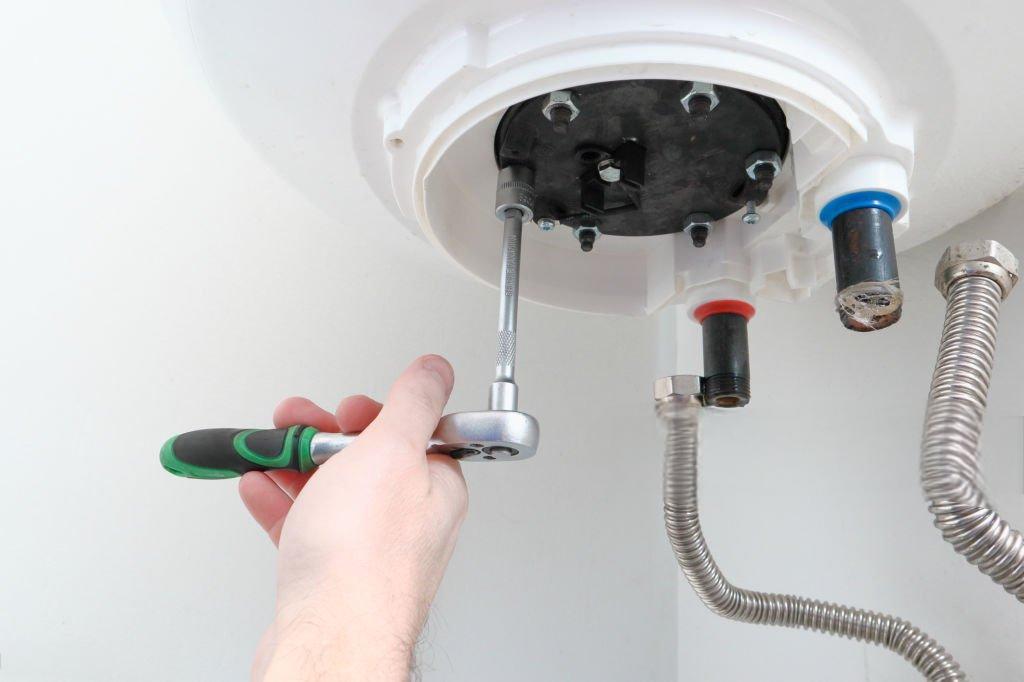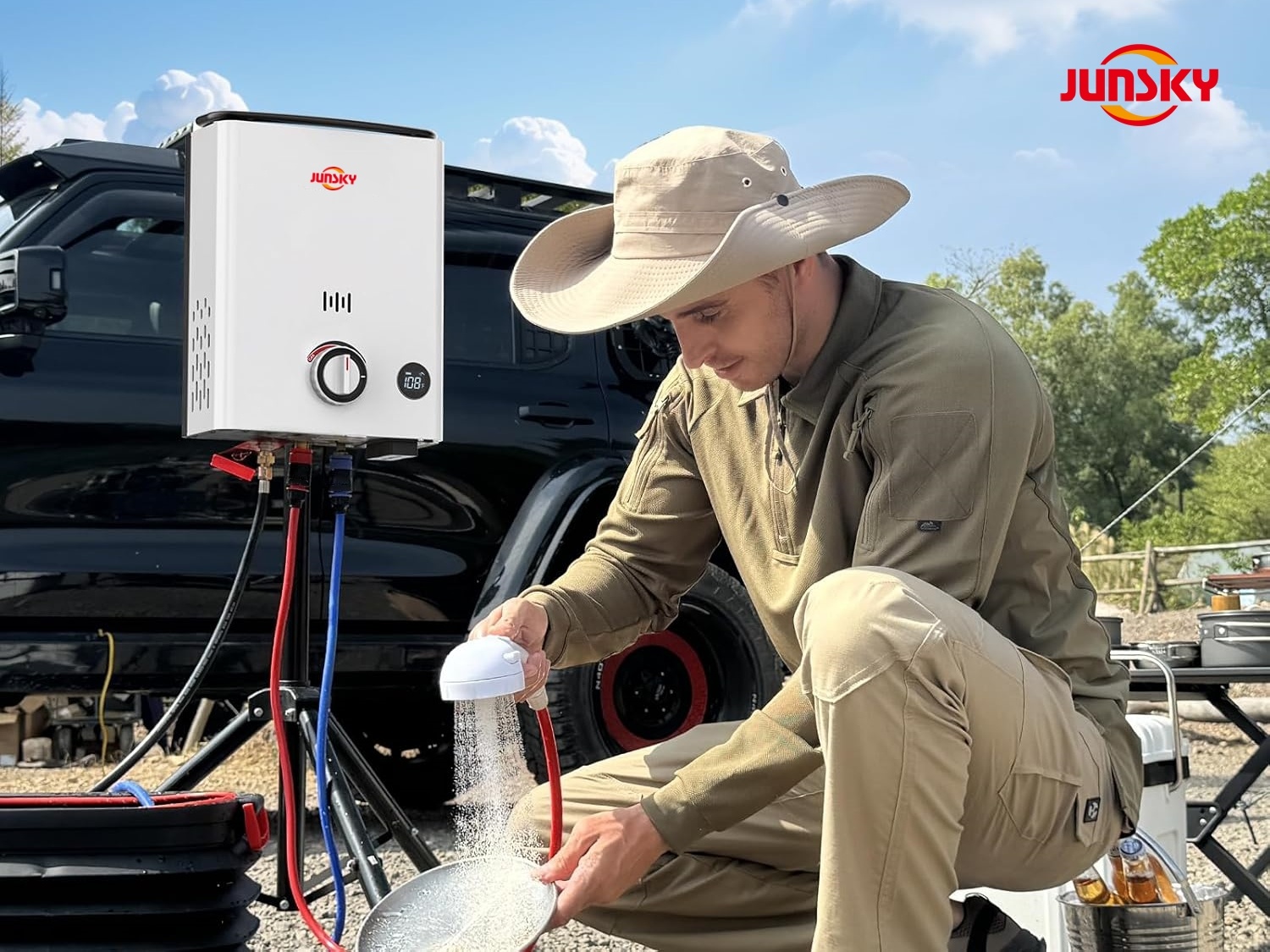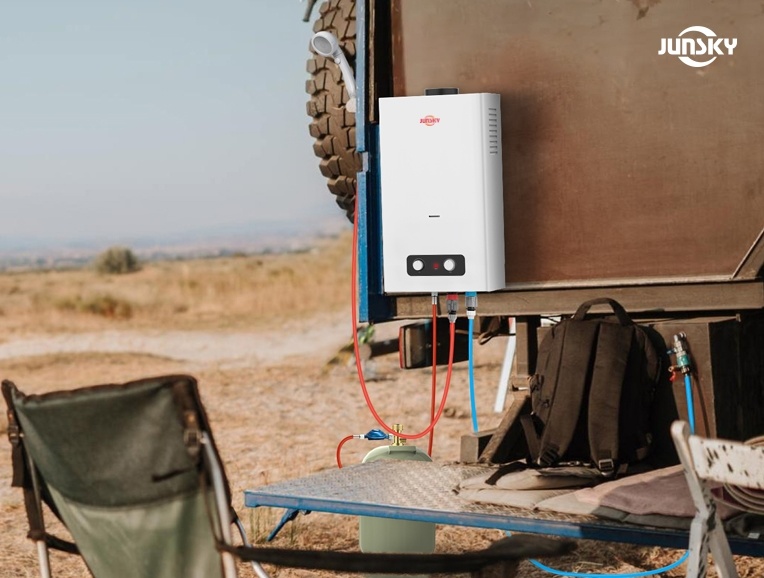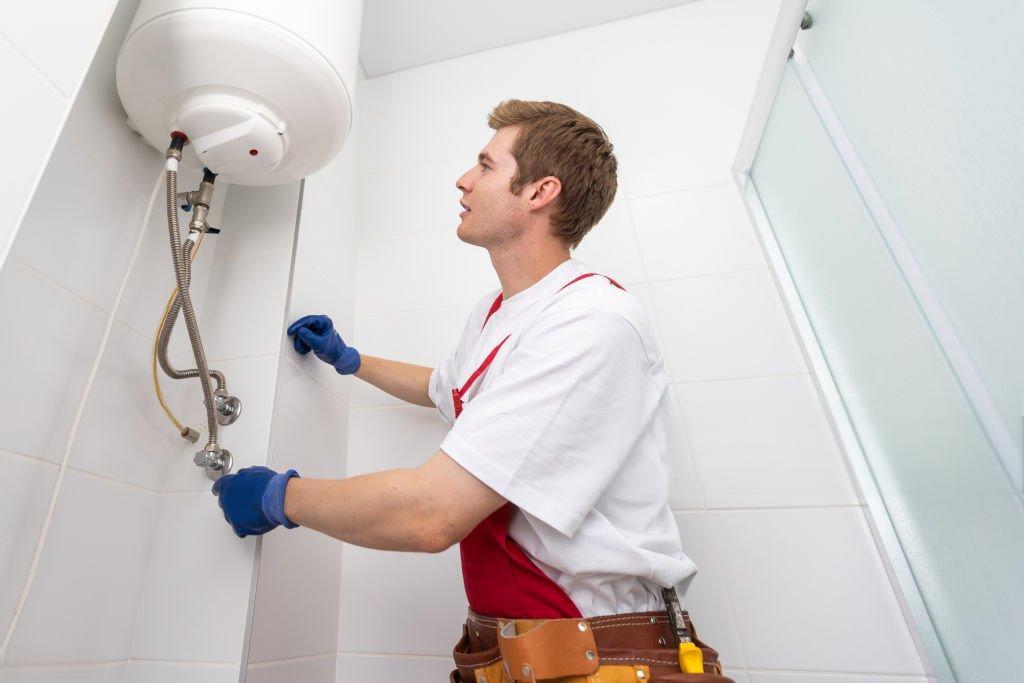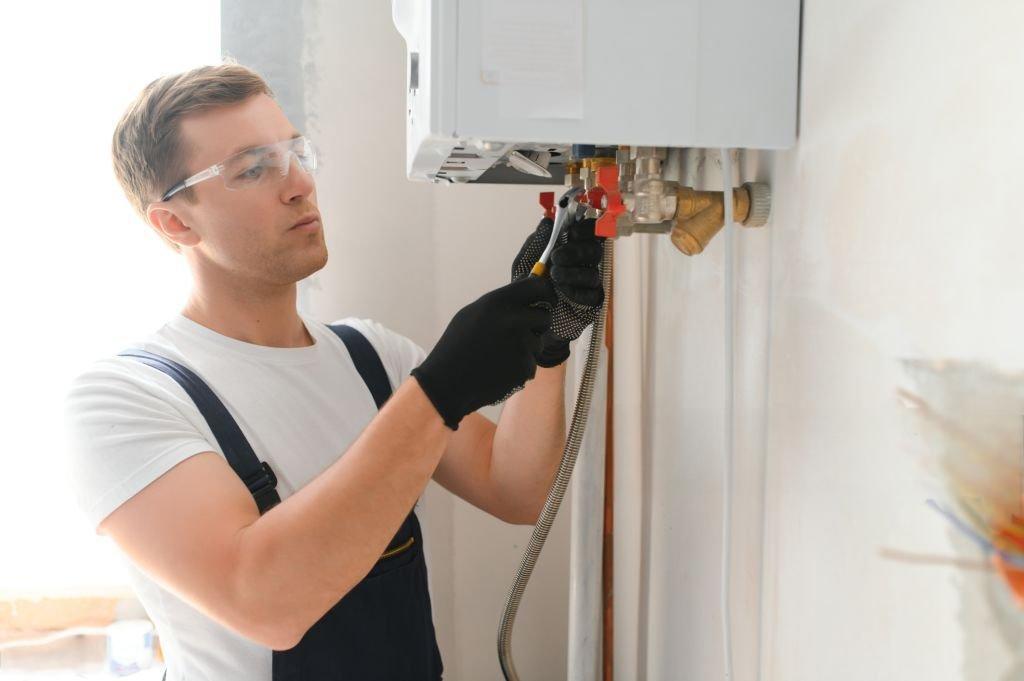Who Should Consider a Tankless Water Heater?
2025-04-08
Are you tired of running out of hot water mid-shower or paying high energy bills for an outdated water heater? According to the U.S. Department of Energy, tankless water heaters can be 24–34% more energy-efficient than traditional tank models for homes that use 41 gallons or less of hot water daily. But are they right for your household? This guide breaks down the key factors—from household size to climate considerations—to help you decide if a tankless system is your best investment.

1. How Tankless Water Heaters Work
Unlike storage tanks that constantly heat water, tankless units (on-demand heaters) use high-powered burners or electric coils to heat water as it flows through the system instantly.
Key Benefit: Endless hot water (if properly sized)
Limitation: Flow rate matters (→ see Installation section)
Real-World Example: A family of 4 in Texas saw a $180/year energy savings after switching (ENERGY STAR case study).
2. Who Benefits Most? (5 Key Scenarios)
2.1 Small to Medium Households (1–4 people)
Data Point: DOE recommends tankless for homes using <41 gallons/day.
Exception: Larger households may need multiple units (→ see Alternatives section).
2.2 Eco-Conscious Homeowners
Savings: Up to 34% less energy use (ENERGY STAR).
Incentives: 2024 U.S. tax credits cover 30% of costs (up to $600).
2.3 Cold-Climate Residents (With Modifications)
Challenge: Groundwater below 40°F reduces efficiency.
Solution: Install a condensing model (handles colder inlet temps).
3. Cost vs. Savings: 2024 Data
| Factor | Tankless | Traditional Tank |
| Upfront Cost | 1,000–4,500 | 500–1,800 |
| Lifespan | 20+ years | 10–15 years |
| Annual Savings | 100–300 | — |
Break-Even Point: 6–12 years (varies by fuel type).
4. Installation Requirements
Gas Models: Need larger gas lines (may require upgrades).
Electric Models: Require 200-amp service (older homes may need panel updates).
Pro Tip: Get 3+ quotes—labor costs vary widely by region.
5. When to Stick with a Traditional Tank
Budget Constraints: Upfront costs are 2–3x higher.
High Simultaneous Use: Example: 2 showers + dishwasher running.
Conclusion: 3 Key Takeaways
Best for: Small-to-medium households, energy savers, and space-conscious owners.
Worst for: Large families (without multiple units) or frigid climates (without modifications).
ROI: 6+ years, but incentives can shorten payback.
Still unsure? Comment on your home's size/water usage for personalized advice!
TAG:
Related Blog


